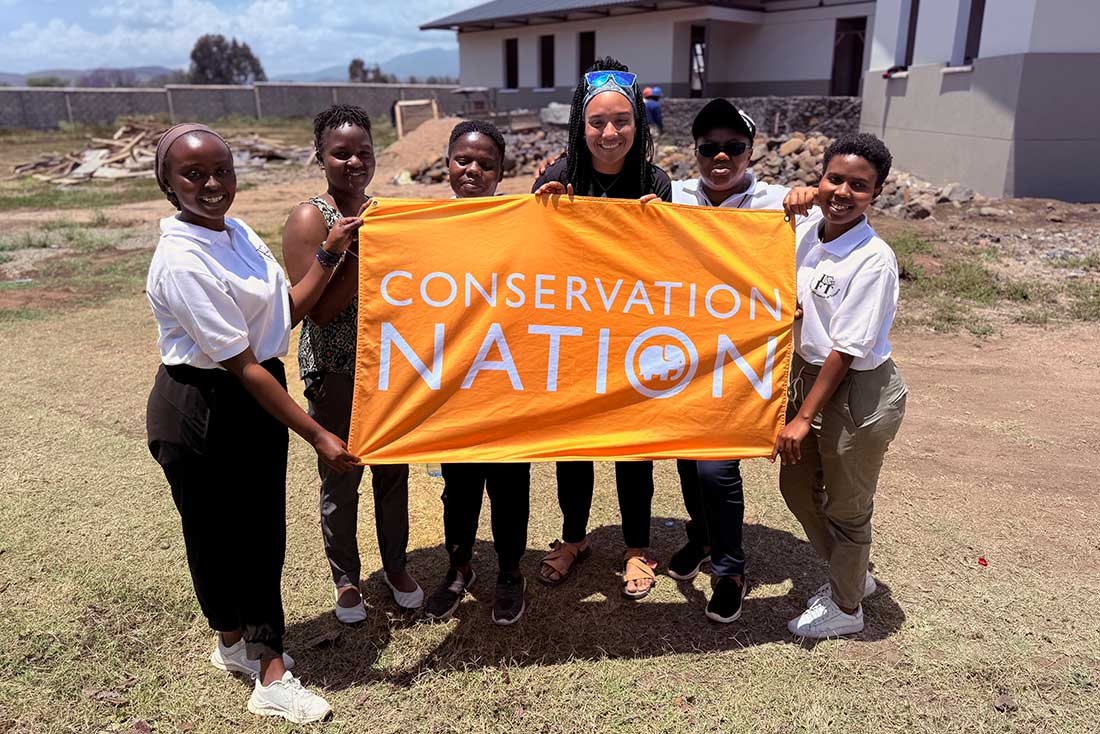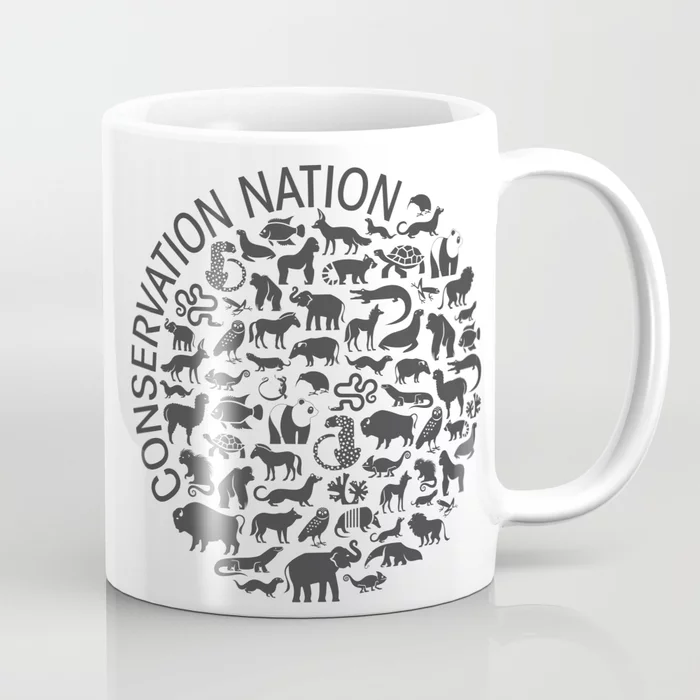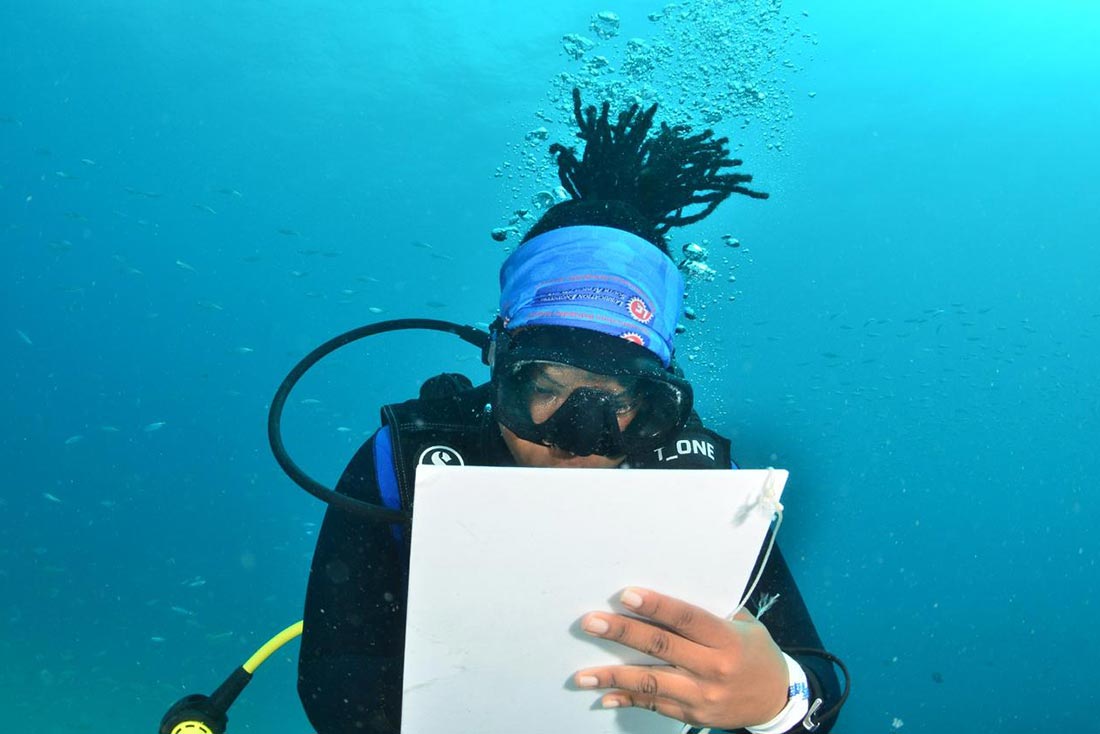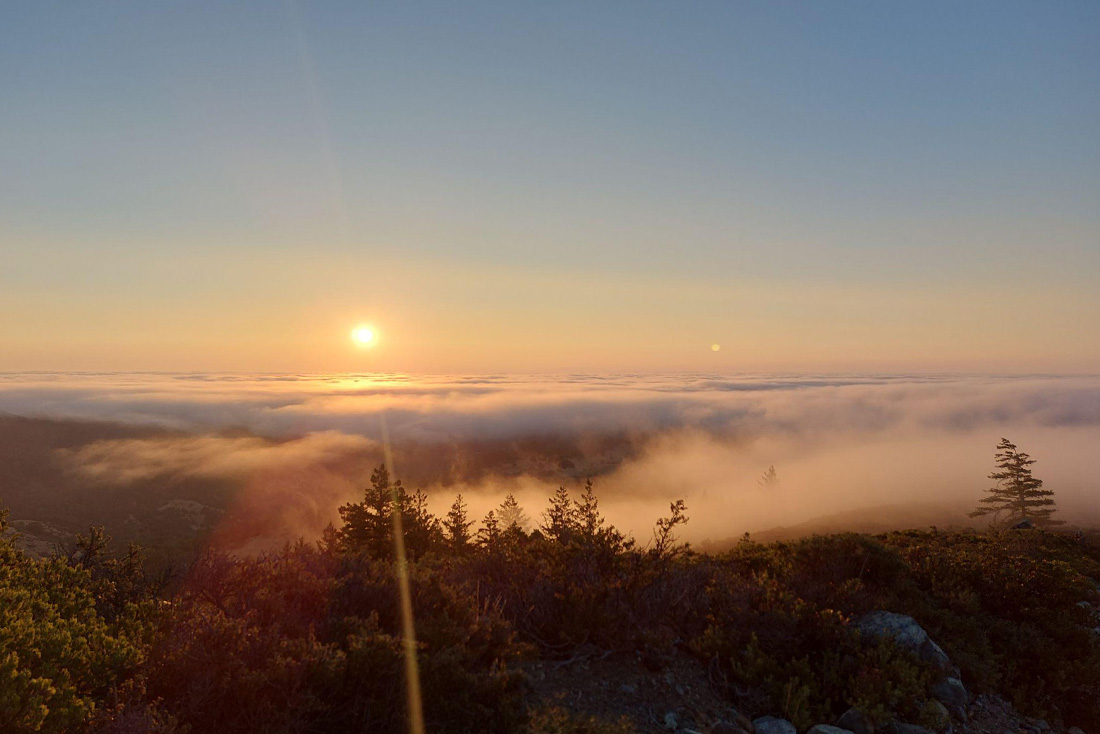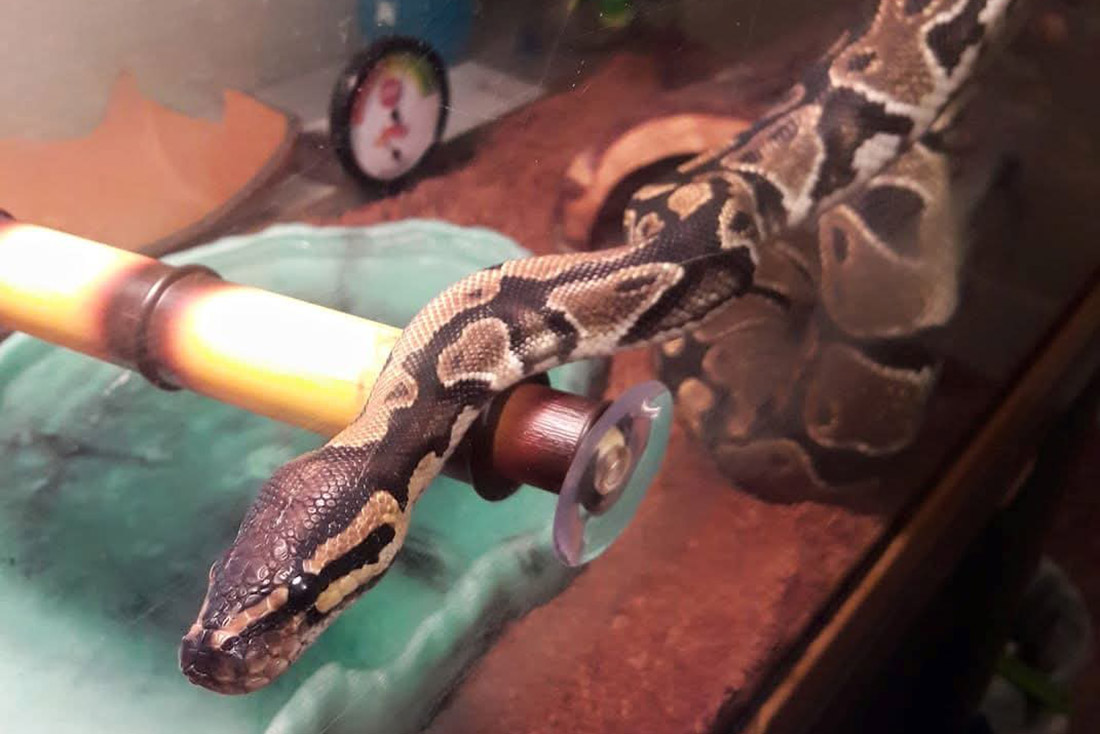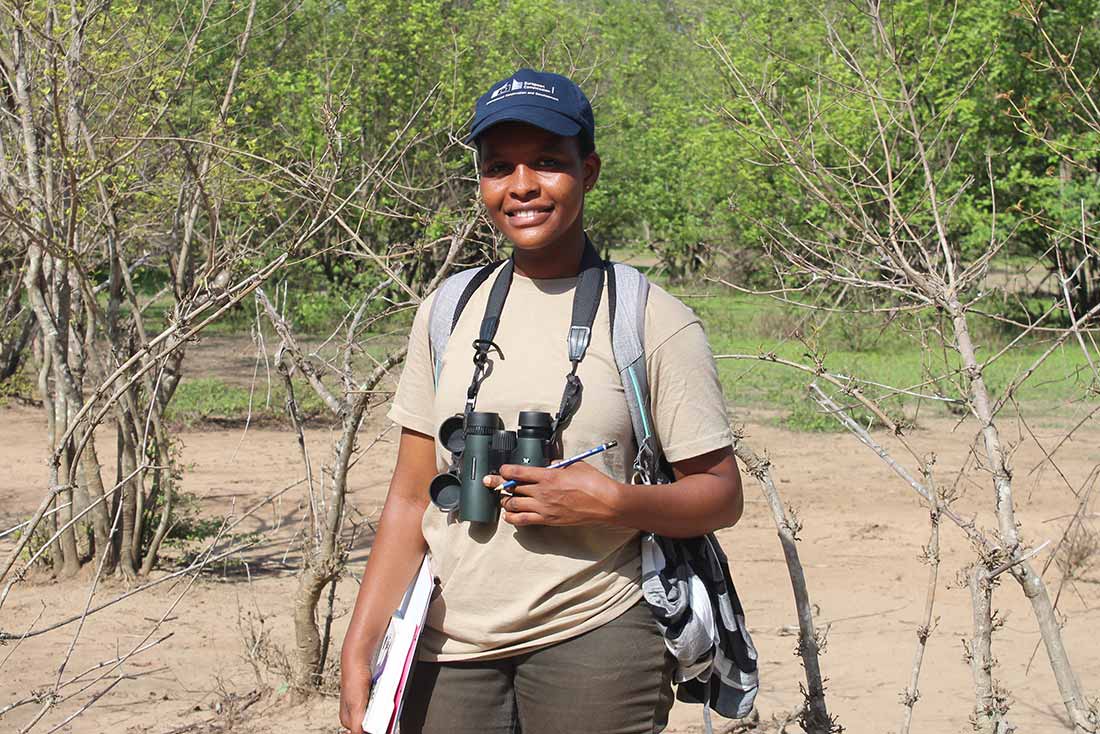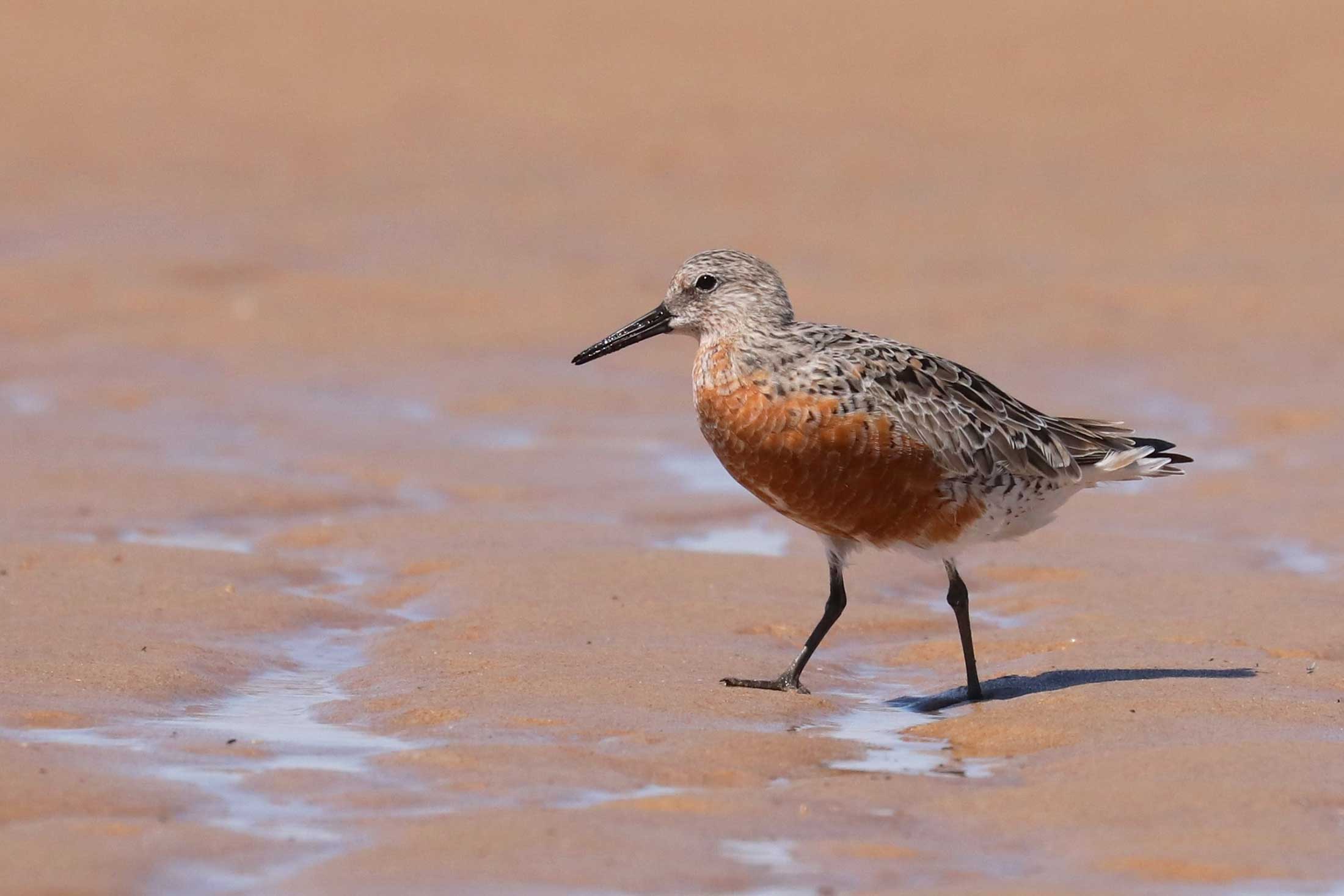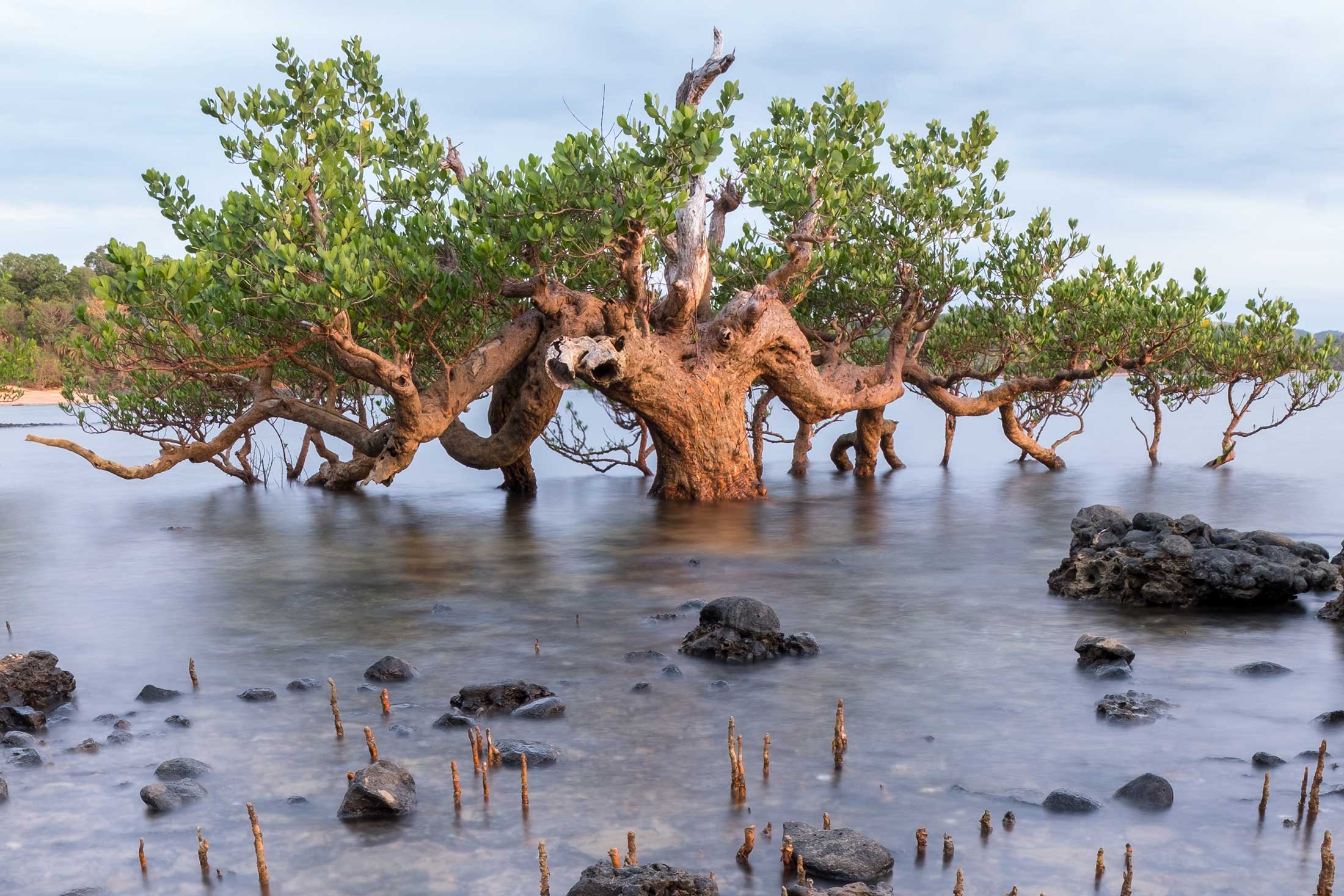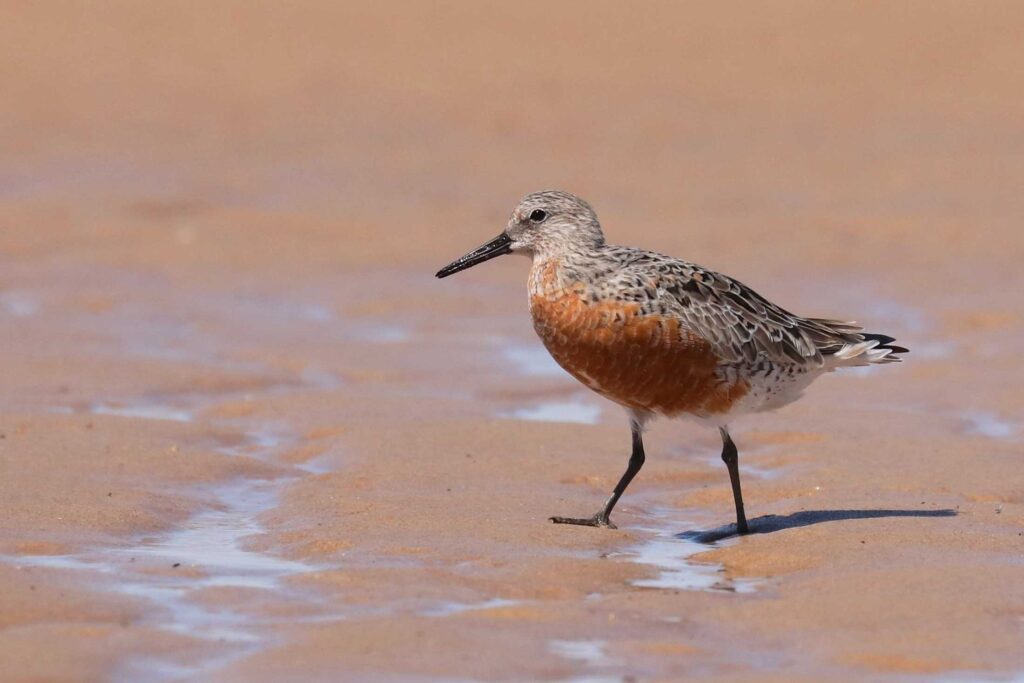We are building a diverse community that can solve the biodiversity crisis together.
Our Work
We provide support and funding to emerging and established conservationists, educate the next generation of conservationists, and build a community of inclusive, diverse wildlife champions that can fight back against the wave of extinctions threatening our planet.
Since 2016, we have...
Provided
In Funds
$ 0 m
Provided more than $2.1 million to fund 173 projects around the world.
On
Continents
1
Funded conservationists from underrepresented groups on seven continents.
With
Reached
10 s
Educated and inspired tens of thousands of Washington, DC-area children.
and
Convened
1 s
Brought hundreds of people together with deep dives into crucial conservation topics.
Funding Programs
We provide a suite of opportunities for emerging and established conservationists, including grant funding, internships, and scholarships, as well as additional support and networking opportunities.
Our funding accelerates the growth of a strong and inclusive community of conservationists that will, in turn, work as mentors and role models to inspire the next generation.
What We Do
We offer funding opportunities through our grant, fellowship, internship, and scholarship programs. We inspire and educate the next generation of wildlife champions through the Conservation Nation Academy and Teen Leaders in Conservation programs.
We co-create programs with the communities and people we serve, and together with partner organizations, we leverage our collective strength to break down barriers with urgency, efficiency, and impact.
As our diverse network of grantees grows, it’s important to us that they mentor the next generation of conservationists.
Our education programs give students access to these role models, as well as fun experiences in nature. These programs are designed to build confidence, allowing youth from traditionally underrepresented groups to see themselves in the shoes of their role models — and to inspire them to pursue a career in the field.
The Collective
The Conservation Nation Collective is a unique program that invites a small group of passionate and dedicated supporters to help save the planet by investing their time, resources, and talent in a critical and personalized wildlife impact initiative.
Through this innovative and holistic three-year program chaired by Doro Bush Koch and Dawn Aaron, these individuals or families have once-in-a-lifetime experiences tackling a crucial conservation challenge together with a diverse global team of expert scientists, wildlife veterinarians, social scientists, and educators while engaging on the ground, learning, growing, and collaborating with other fascinating, passionate philanthropists.
You can make a difference.
If you would like to make a real impact in the fight to diversify the conservation movement and solve the global biodiversity crisis, please fill out the form below and we’ll be in touch soon.

